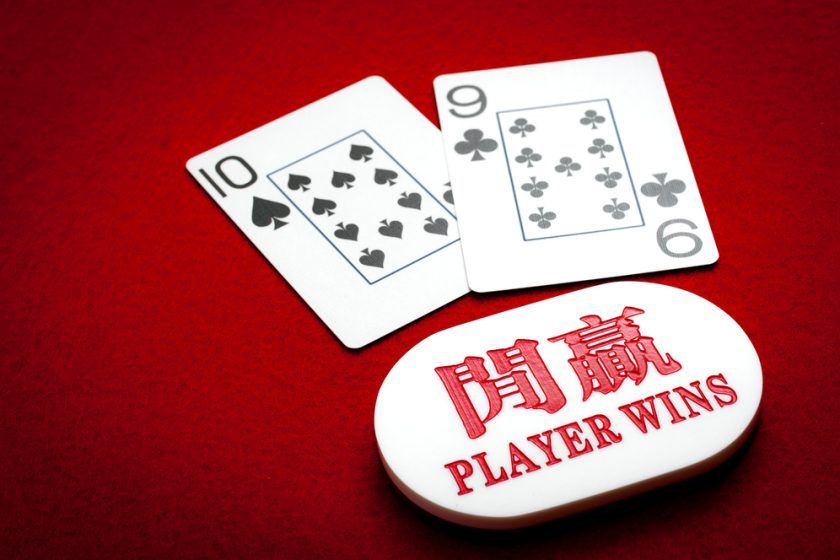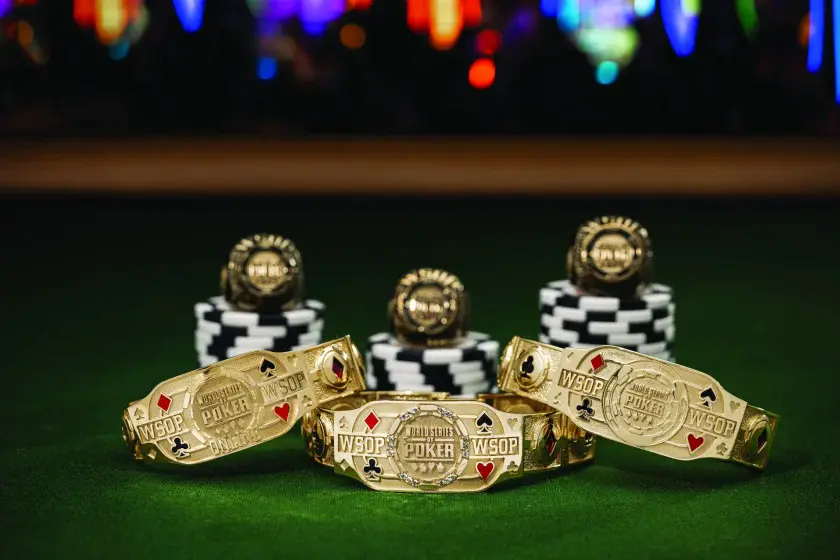Roulette, one of the most iconic casino games, draws its name from the French word “Roue” (wheel) and the Italian word “Lette” (small), meaning “a small spinning wheel.” Although the precise origins of the game remain uncertain, several intriguing theories trace its development through ancient games and cultural traditions.
Ancient Origins: From Roman Soldiers to Monastic Innovations
Some historians suggest that roulette may have evolved from games played by Roman soldiers, who entertained themselves by spinning their round shields and trying to hit targets with swords. Other accounts claim that soldiers flipped chariots on their sides, spinning the wheels in games that resemble modern roulette. Similarly, Native American tribes reportedly played games involving the spinning of needles or clock hands, further illustrating the universal appeal of spinning-based games throughout history.
Another theory posits that French monks modified an ancient carriage wheel game, creating an early version of roulette. Some also believe that Dominican monks brought a Chinese game to France, transforming it into what became the roulette wheel. A curious fact about roulette adds weight to the religious connection: the sum of all the numbers on a standard roulette wheel (1 to 36) equals 666, often associated with the devil or bad fortune in Christian belief. This connection suggests a possible link between the game’s evolution and early monastic culture.바카라사이트
Pascal’s Contribution: A Scientific Invention or Gambling Tool?
Another popular theory points to the French mathematician and physicist Blaise Pascal as the creator of the roulette wheel. It is believed that Pascal, while staying at a monastery, developed the wheel in 1655 as part of his experiments with continuous motion. Although his original intention was to study perpetual motion, the wheel ultimately found a different purpose on casino floors.
From Early Gambling Games to Modern Roulette
Roulette began to gain popularity as a gambling game in the 17th century, evolving from an earlier European game called Hoca. This predecessor, played in France, Germany, Austria, and Hungary, involved a wheel with 40 numbered holes divided equally into even and odd numbers. Players would bet on whether a ball spun into one of these holes would land on an even or odd number. King Louis XIV of France reportedly promoted the game to increase tax revenues, helping Hoca gain popularity throughout Europe.
By the 16th and 17th centuries, roulette was becoming a popular pastime among Europe’s upper class. Aristocrats used it as a form of entertainment at grand social gatherings. However, as gambling-related issues and social controversies grew, many European countries began banning the game by the 19th century. One notable exception was Monaco, where roulette became a central source of revenue for the principality. In fact, the Monte Carlo Casino was so successful that it funded much of Monaco’s public services through roulette profits.카지노 사이트
The Casino Edge: The Mathematics Behind Roulette
A well-known saying among gamblers is that the only guaranteed way to profit from roulette is to own the casino. This phrase reflects the built-in house edge, which ensures that casinos consistently make money over time. While it’s possible to win individual rounds of roulette, the odds are structured so that, over the long run, the casino will always come out ahead.
Even with perfect randomness, the casino maintains its edge through subtle adjustments to payout odds. The roulette wheel used in American casinos has 38 pockets, including numbers 1 to 36, a single zero (0), and a double zero (00). The probability of the ball landing in any specific pocket is 1 in 38, or 2.63%. However, winning a straight bet (betting on a single number) offers a payout of 35:1, not the fair odds of 37:1. This discrepancy creates the house edge that ensures the casino’s profitability.
House Edge in Different Versions of Roulette
There are two main versions of roulette played worldwide:
- European Roulette (Single Zero):
- The wheel features 37 pockets (numbers 1 to 36 and a single zero).
- The house edge is 2.7%, making it more favorable to players.
- American Roulette (Double Zero):
- The wheel has 38 pockets, including an additional double zero (00).
- This version has a higher house edge of 5.26%, giving the casino a greater advantage.
The Mathematics of Roulette: Expected Losses and the Role of Probability
Mathematician Ed Thorp, a pioneer in the field of probability and gambling analysis, once discussed the underlying odds of roulette. He observed that while players might occasionally win, the long-term probabilities are not in their favor. According to Thorp, a typical player can expect to lose about 5.26 cents for every dollar bet in American roulette due to the house edge.
Thorp’s analysis highlights that luck alone cannot overcome the mathematics behind roulette. Although players may enjoy short-term wins, the structure of the game ensures that anyone who plays for an extended period will likely experience losses. This phenomenon underscores the importance of responsible gambling and managing expectations.
Conclusion: The Timeless Appeal of Roulette
Roulette has captivated players for centuries, thanks to its intriguing blend of history, mathematics, and chance. Whether traced back to Roman soldiers spinning their shields, French monks modifying wheel games, or Blaise Pascal’s experiments with motion, roulette has evolved into a game that symbolizes elegance and excitement.
While the odds are always in favor of the house, roulette continues to draw players seeking the thrill of the spin. With its accessible gameplay and captivating design, roulette offers more than just the chance to win—it provides an immersive experience that has stood the test of time. For those who understand the odds and approach the game responsibly, roulette promises unforgettable moments on the casino floor.바카라 사이트



